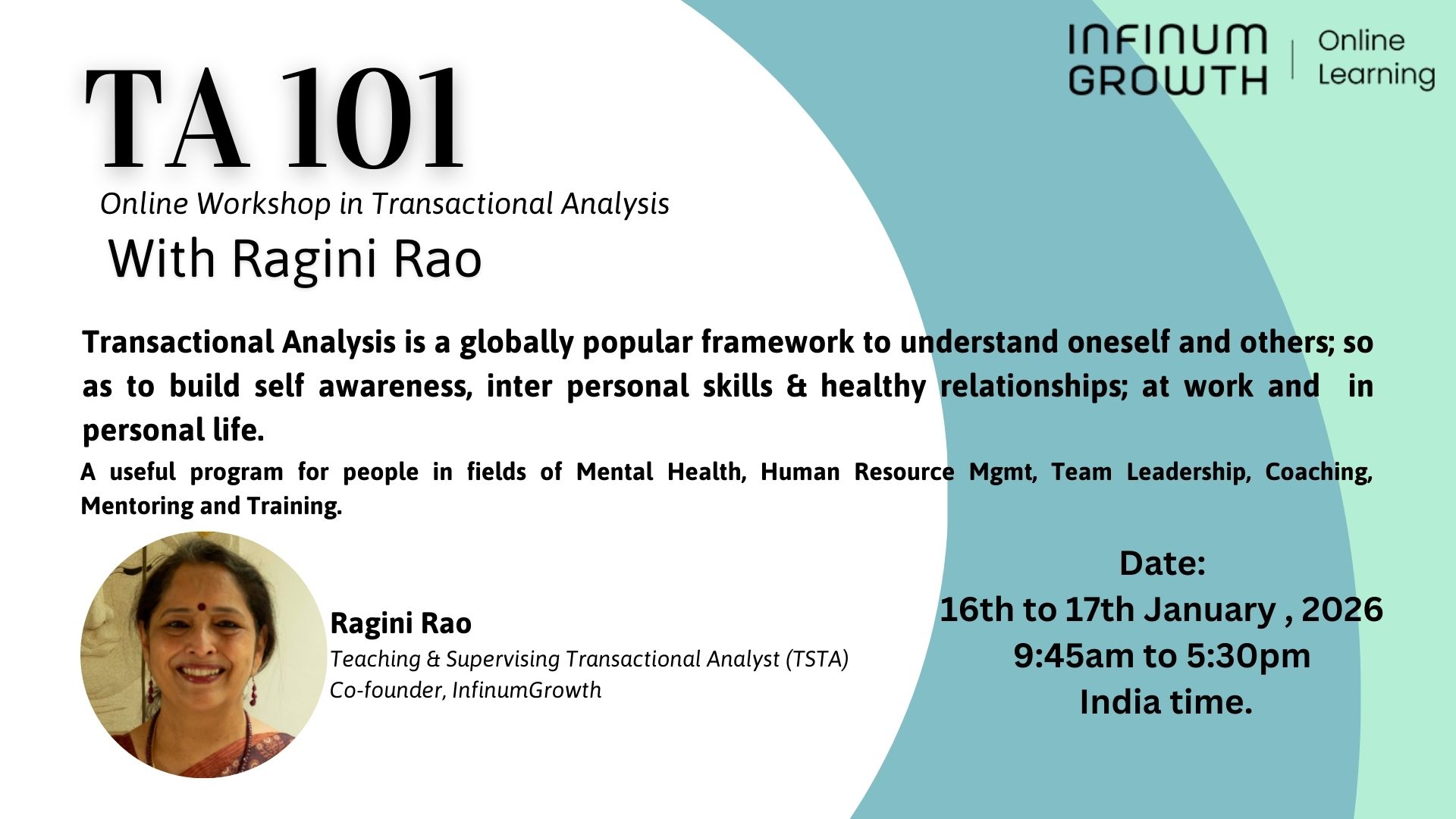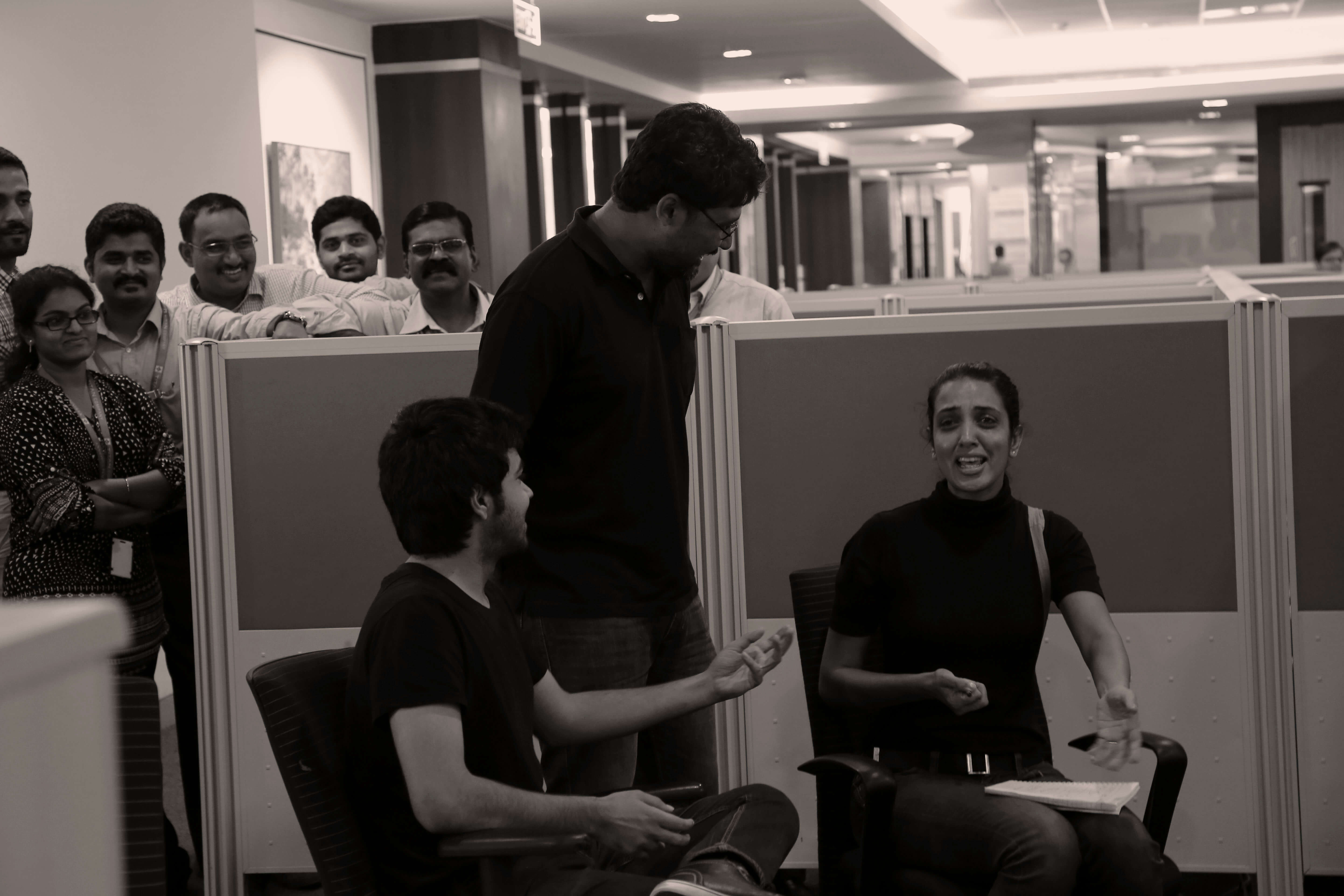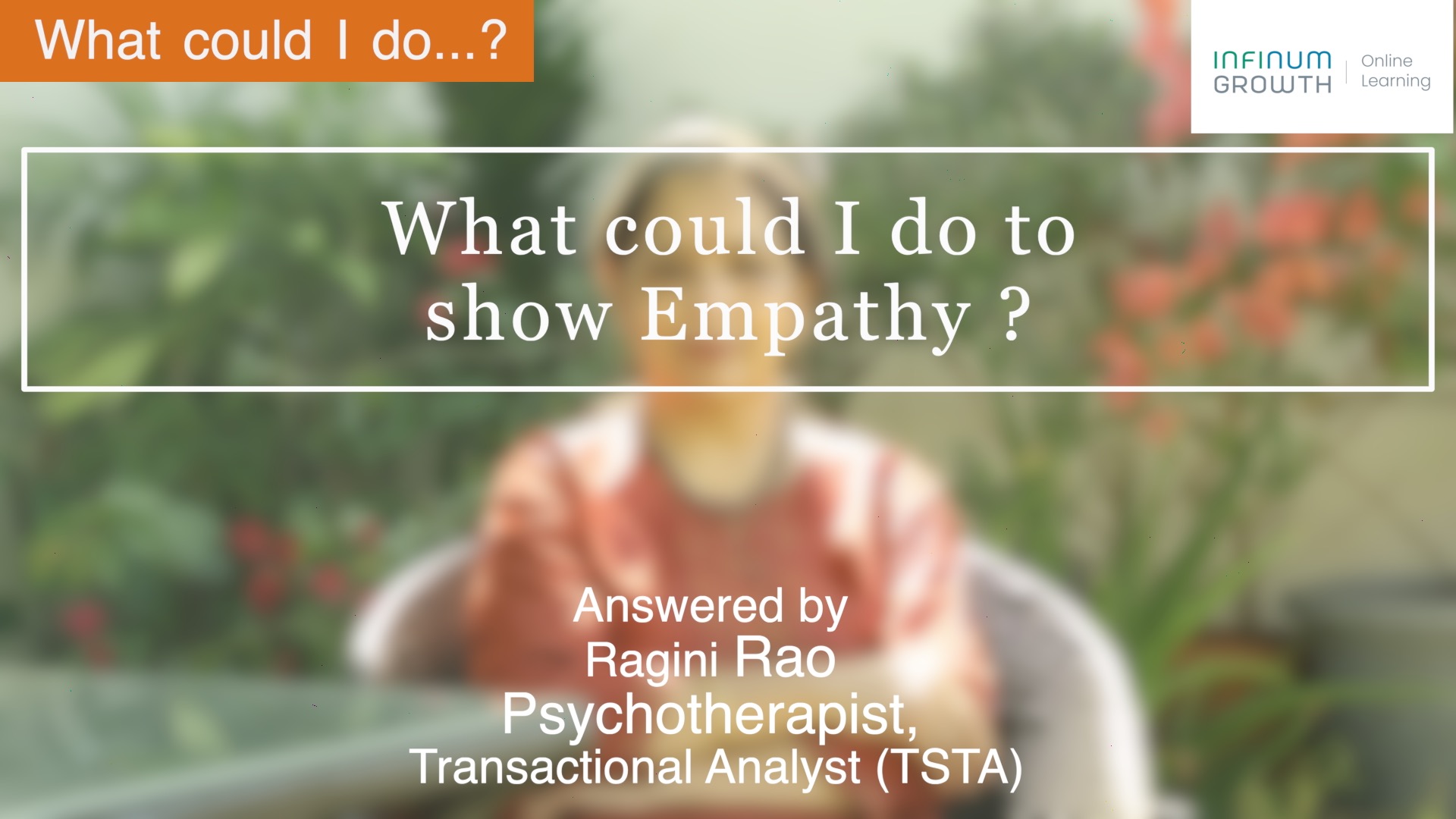“Attitude is a predisposition or tendency to respond positively or negatively towards a certain idea, object, person or situation”….online dictionary.
A positive attitude towards life is key to success and happiness. Whatever be the downs in life, a positive attitude can do a lot to lighten the mind and show the way forward. But the fact is that we are all functioning with varying degrees of positive thinking. Why is it different for different people and how do we bring about an Attitude Change even in very difficult situations?
As a mental health professional, I consider Attitude as a way to define a person’s identity. Attitude, in turn, is defined by the person’s expression of feelings, beliefs and values. Understanding oneself better through self awareness helps in developing the right attitudes.
Feelings are innate and learnt emotions; Beliefs are our view about the world, life, others and self; and Values are the guiding principles with which we lead our lives. Our beliefs and values stem from the kind of learning provided in the upbringing one has had; and how strongly the learning has been internalised. Values, beliefs and feelings influence our behaviour and constitute the elements of our personality.
Attitude is thus, complex and acquired through one’s past and present experiences. However, Attitude Change is possible with awareness.
Life Positions – Dr.Eric Berne’s Transactional Analysis
According to Dr.Eric Berne’s Transactional Analysis, there are four existential positions that typically all individuals adapt to at a very early age in their lives. These are
- I’m Ok, You’re Ok
- I’m not Ok, You’re Ok
- I’m Ok, You’re Not Ok
- I’m Not Ok, You’re Not Ok
The seemingly simple word “Ok” used by Berne has a profound meaning. It means that all human beings are worthwhile, valuable and worthy of respect.
He believed that all individuals are born I’m Ok, You’re Ok. However, based on their experiences in their immediate environment; the way they are fed, cared for, loved, cajoled etc in the first 6 months of their lives, they adapt to one of the four positions.
Eric Berne called these positions Life Positions; a psychological sense that an individual holds within himself or herself; not only about self but also about others and the world. As an infant, this position is in the form of a feeling or a sensation in the body.
Subsequent experiences in life strengthen these life positions; and, they become the windows through which one looks at the world and others. Positive beliefs and values through the growing up years strengthen the Life position of I’m Ok, You’re Ok. Negative and limiting beliefs and values will move the person towards the other three unhealthy positions.
Attitudes build from Life Positions
- A person who has had a reasonably healthy and loving childhood may hold the life position of I’m Ok, You’re Ok. Which means that the person feels good about self and others. The person is able to trust others and has an attitude of ‘Get on with’. People in this position appear optimistic, balanced and mindful.
- An individual who is not cared for and whose many basic needs are not met at early age, will often slip into the life position of I’m Not Ok, You’re Ok. This is regarded as the depressive position and the person ends up feeling inadequate and inferior. They consider others to be superior than them.These individuals have difficulty trusting others and their predominant feelings are sadness and fear. They hold an attitude of ‘Get away from’ and withdraw in most situations.
- Some young infants are subjected to abuse or severe neglect at an early age. As they grow up, they often feel angry and slip into the life position of I’m Ok, You’re Not Ok. It is primarily a defensive position, where the underlying sense of “not ok” leads to blaming and not trusting others. It is regarded as the paranoid position and these individuals react to others with rage and frustration and hold an attitude of ‘Get rid of’.
- The worst case is of those who slip into the Life position of I’m Not Ok, You’re Not Ok. This results from abandonment or circumstances that were really difficult and the individual loses complete hope in life. They experience a sense of futility and adopt an attitude of ‘Get Nowhere’. There is a total breakdown of trust with others and the environment. They often land up losing their minds or committing suicide.
When we observe ourselves or others repeatedly experiencing an attitude of a victim or a blamer or futility in many situations, it’s likely that the person has slipped into one of the three unhealthy life positions.
One may also observe that we may hold a healthy positive attitude towards life in most situations, however slip into the unhealthy one in times of stress. That is common among all of us. However, how fast we spring back to the healthy position differs from person to person.
Greater the trauma in childhood, greater the difficulty to spring back; this is when professional help becomes crucial and important in helping bring an attitude change.
Attitude Change comes with Awareness
The humanistic and positive approach of Dr. Berne’s Transactional Analysis philosophy is that ‘people decide their destiny and they have the ability to re-decide’.We cannot change our past but we can change things in the present by building self awareness. This has the capacity to heal the past and seek what is needed in the now.
How can we work on Attitude Change?
People with the life position of I’m not Ok, You’re Ok can
- Seek positive and nurturing relationships. Associate with friends who are genuine and caring.
- Learn to trust people mindfully.
- Learn to ask for help and not imagine that people will understand.
- Learn to appreciate self and others.
- Practice positive affirmations, which in turn will enable one to hold positive thoughts.
Those with the life position of I’m Ok, You’re not Ok can
- Identify the source of anger and express it in safe relationships. Learn to talk about anger rather than shouting or becoming violent.
- Choose a confidant or a professional to guide you in this process.
- Believe that vulnerability is fine and not a weakness.
- Start by trusting few people and to break the wall that one has build around oneself.
- Learn to relax and breathe and practice mindful meditation.
Individuals with the life position of I’m not Ok, You’re not Ok can
- Depending on the severity of the problem seek professional help
- Again identify the source of the problem and bring awareness to what is needed now.
- Choose healthy, nurturing and positive relationships. Start with one person. One good friend could be all that you need.
- Go slow with your process and allow yourself to grieve the past.
- Practice creative visualisation to help you with cultivating positive feelings and thoughts.
Adopting a positive attitude towards life is significant for personal growth and development. This can happen by expressing unexpressed feelings in a safe environment, working on one’s limiting thoughts and overall living in a safe and nurturing environment.
Need help in making changes in your attitudes and interactions? Get safe and good quality professional Counselling & Psychotherapy support at InfinumGrowth. Click here to know more.
Please do leave your comments at the bottom and do share with others if you like this article.
















This is so well written and comprehensive. One of the best articles I have read in recent times. Thanks Ragini
Thank you Meenu !
Very comprehensive and to the point. It will be very useful to understand the concept of Life Positions, be aware of the life position one has taken and strive to actively confront self when it takes that position to move towards a more healthy interpersonal relationships.
Thank you Ravi!
Very good article which conveyed how to address attitude issues. Well written Ragini, Thanks!!!
Very meaningful comprehensive article ragini . well written
I have come across many posts on “life position” and this is by far the most simple yet classy and easy to grab on explanation, this sure helped me get more clear on this topic, Thank you for this amazing article 😇
Thank you for your feedback . It’s very encouraging to receive such comments .
Are you in TA training ? Would be nice to engage more with you .
Article is so informative. Not only told about life positions but also how to deal with unhealthy Life positions. Thank you so much for this article.